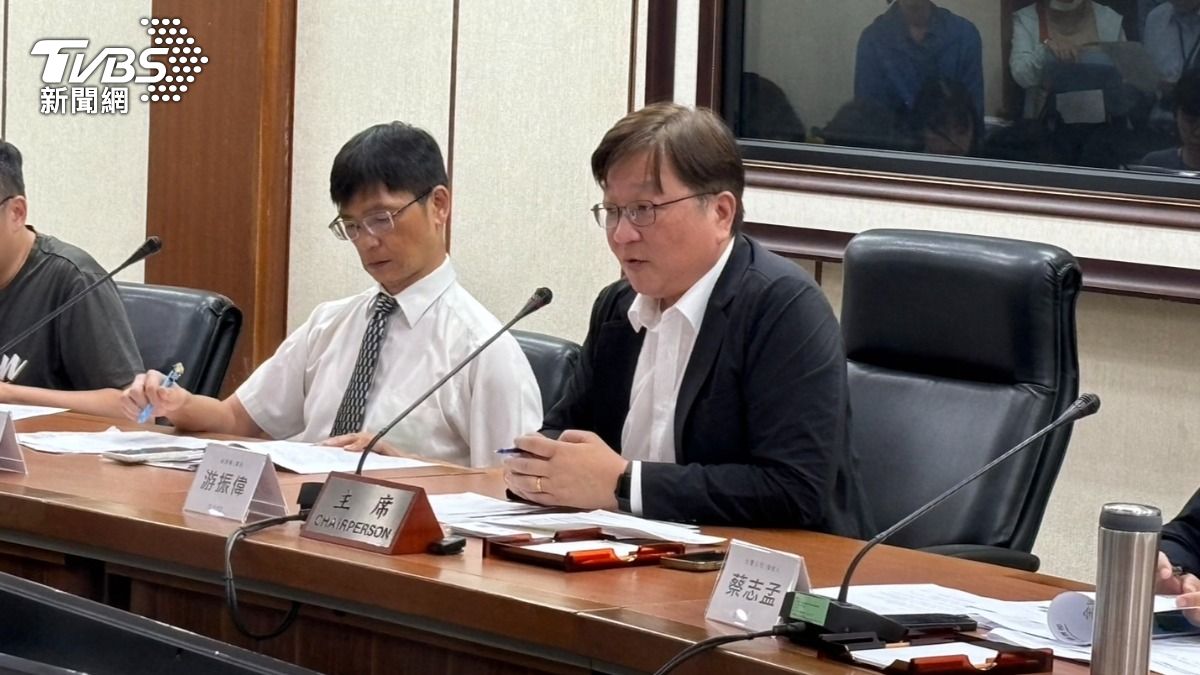TAIPEI (TVBS News) — The Energy Administration, Ministry of Economic Affairs (經濟部能源署), released a report on Monday (July 15) predicting a 12% to13% increase in electricity consumption by 2030. The report emphasizes the need for new power plants, grid infrastructure updates, and energy storage systems to ensure a stable power supply.
Yu Cheng-wei (游振偉), head of the Energy Administration, highlighted the report's extended forecast over the next decade. Considering the economic outlook and a projected 3.94% GDP growth for next year by the Directorate General of Budget, Accounting and Statistics (DGBAS, 主計總處), along with the expansion of the semiconductor industry and electric vehicle policies driven by the AI technology wave, the national power demand is expected to grow annually by approximately 2.5% from 2024 to 2028.
Electricity demand for AI technology is forecasted to surge from 240,000 kW in 2023 to 2.24 million kW by 2028, an eightfold increase. The national power demand's annual growth rate is expected to stabilize at around 2.8% from 2024 to 2033.
In terms of energy supply, the focus will continue on energy transition. Solar power generation now meets daytime peak demand for six hours, shifting the system's focus to managing the three-hour night peak.
To address the intermittency of solar and wind power, the government plans to rely on hydropower for quick support, and natural gas units to stabilize the green energy system. New natural gas units at Datan (大潭), Hsinta (興達), Taichung (台中), and Sun Ba Power Corporation (森霸) will be gradually integrated into the grid.
Considering the extended timelines for building these units, including environmental assessments and critical project milestones, the government must maintain a flexible reserve capacity to manage uncertainties. Renewable energy is set to account for 15% of power generation by 2025, with a target of 20% by November 2026, and efforts to promote renewable energy development will continue.











